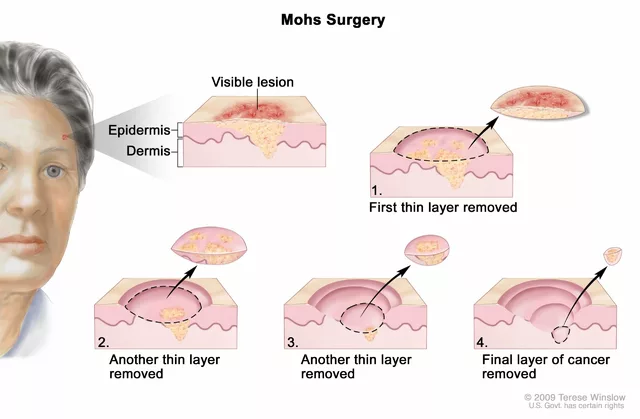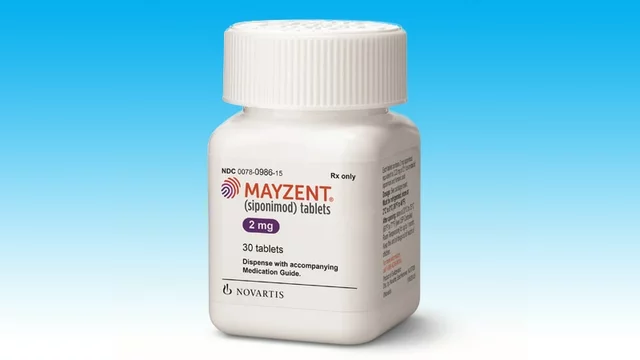
Strategies for Reducing the Risk of Organ Rejection in Transplant Patients
Managing Medication for Organ Rejection
Imagine getting the gift of a second chance, a new lease on life, only to find out later that your body doesn't quite agree with this gift and wants to reject it - I'm talking about organ transplants. That's like getting the latest high-tech bionic arm and having your body say, "Nope, I preferred the old one." Funny, right? However, organ rejection is a serious thing and there are strategies to manage it. In this section, we'll delve into the importance of managing medication as a crucial step towards reducing the risk of your body rejecting a transplanted organ.
Medication can be your right-hand man – no, not like how Robin is to Batman, but you get the idea! After a transplant, doctors usually prescribe immunosuppressant drugs. Now, these aren't some ordinary, run-of-the-mill drugs. Think of them as the MI6 of the medicine world. Their mission, should they choose to accept it, is to suppress your immune system's natural inclination to ward off foreign entities and does so by reducing its fight response.
Indeed, it sounds counter-intuitive; after all, our immune system is our body's defense against harmful invaders. But do remember we're dealing with a friendly invader here, which is our transplanted organ. It’s like when you invite a stranger into your house, ideally, you want your pet Doberman to know they're a friend and not a foe. Similarly, these drugs educate your immune system about the friendliness of the new organ.
Remember to strictly stick to your prescribed medication schedule. Missing doses or 'student cramming' style last-minute doubling up can increase the chances of rejection. For the carefree folks out there who might think, "Ah, I'll just wing it," do understand the gravity of the situation. You wouldn't want your body rioting against the organ that's there to save your life. Not taking prescribed medication as directed by the doctor is like deliberately stepping onto a banana peel. It won't end well!
Keeping a Close Watch on Your Health: A Preemptive Strike against Organ Rejection
Wilting plants don't speak up about needing water, but a keen gardener would spot the signs and water the plant in time (unless the only plant you've ever taken care of is a cactus, like yours truly). Post-transplant, much like the attentive gardener, keeping a close eye on your health becomes paramount. This preemptive approach not only assists in recognizing symptoms of organ rejection early but also aids in immediate proper response.
Simply put, it's like your own private surveillance system that continuously monitors your body for any suspicious activity, somewhat like a personal bodyguard. And the early signs of rejection? It varies by organ, but common symptoms include pain or swelling in the area of the organ, fever or flu-like symptoms, and a decrease in organ functionality. Now, some might think, "Oh, it's just a little pain, it's nothing to worry about." Well, in such cases, it might be nothing, or it might be the starting sign of rejection.
When dealing with organ transplants, it's best to be a little over-concerned than under. Don't ignore any symptoms, and if you notice any, go straight to your doctor. Think about it, if there was a strange lurking figure round your house, would you wait till they've broken in, or would you call the police at the first sign of danger? The choice seems clear, doesn't it?
Diet and Lifestyle: Your Allies in Transplant Recovery and Rejection Reduction
Speaking of diets, they are notoriously famous for being miserable, isn't it? You know what they say, "Dieting is the only game where you win when you lose!" Now, don't roll your eyes just yet! Post-transplant diet isn't about getting into that svelte tuxedo or fitting into the red dress hanging in your wardrobe; it's about aiding your new organ's acceptance and reducing rejection risk.
A balanced diet filled with nutrients is sure to give your immune system a, well, "Balanced Diet Bit Booster!" (I hope you chuckled there). This becomes especially important considering the medications you may be on. Some drugs may either increase or decrease your appetite or alter how the body absorbs nutrients. Regular meals are important because, let's face it, you don't perform well when you are hungry, and neither does your body or the new organ.
Physical activity is likewise significant. Now, I'm not talking about traipsing about and joining the next Ironman Triathlon. Rather, simple exercises such as walking or gentle swimming could go a long way for your well-being. Remember, your body isn't a machine, it's a living, breathing organism that thrives on care. Sometimes, just a little bit of exertion can result in a great deal of satisfaction, much like finally getting the lid off that tricky jam jar!
Your Health Carers: The Avengers of Organ Transplant
I'll let you in on a secret. You're not alone in this. Organ transplant may seem like navigating a labyrinth, but fear not; your healthcare team is there to guide you every step of the way. Doctors, surgeons, specialty nurses - let's call these folks the Avengers Team of your organ transplant saga! They assemble to help manage the transplantation, curb side effects, and of course, mitigate risks of organ rejection.
Get to know your team well and share your concerns and even little victories with them. Remember, no query is too small or trivial. A healthy dialogue with your healthcare providers will only strengthen your confidence and understanding of your health situation, much like how an excellent guide enhances the experience of a scenic tour.
Much like building a warm bonfire, a trustful, open relationship with your healthcare team can build the sanctuary that is essential for your recovery and well-being. After all, the Avengers wouldn’t be as effective if they kept secrets from each other, would they?
Understanding the Process: Organ Transplant is a Marathon, Not a Sprint
After a while, coping with an organ transplant can seem like learning a new language. It's hard, confusing, and sometimes you just want to give up. But remember, mastering a new language doesn't come in a day, it takes time, patience, and regular practice. Similarly, remember that organ transplant recovery is a journey, a marathon - definitely not a sprint.
As with any prolonged journey, understanding the road map, being prepared for uncertainties, and having a can-do attitude can make the ride significantly smoother. Embrace the challenge, much like how an ardent hiker enjoys rocky terrains. Treat each stage of the journey as an integral part of the process - surgery, medication, follow-ups, diet, exercise - and you'll find the trip less daunting.
And who knows? Once this journey is successfully navigated, the story of your memorable expedition could become a source of inspiration for someone else battling the same hike. Perhaps you'll move from being a mere traveler to becoming a lighthouse, a beacon of hope for someone lost at sea. Now who wouldn't like a significant upgrade like that?





Written by Jakob Fitzroy
My name is Jakob Fitzroy, and I am an expert in pharmaceuticals with a passion for writing. I have dedicated my life to studying medication and understanding how it affects various diseases. My goal is to educate people about the importance of proper drug therapy and prevention methods. I have authored numerous articles, providing valuable insights on medication, its development, and its impact on patients. My driving force is to contribute to the ongoing fight against diseases and improve the overall health and well-being of people around the world.
All posts: Jakob Fitzroy